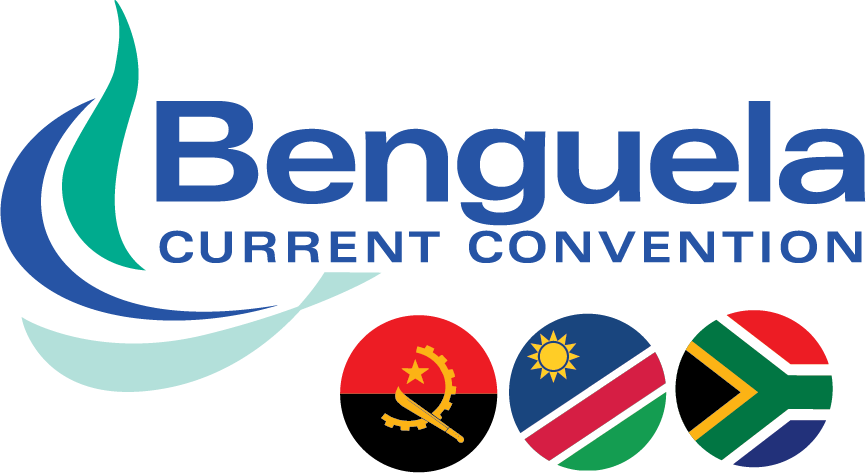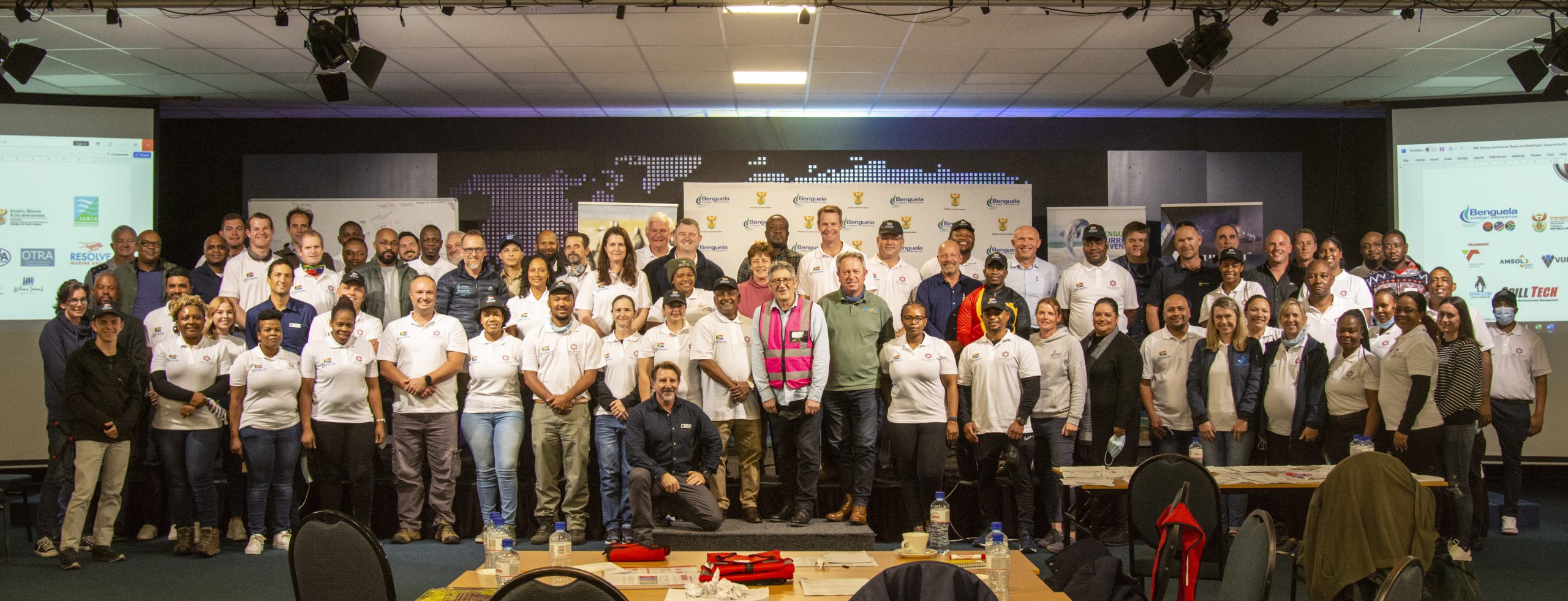More than 100 participants and observers in South Africa and two neighbouring maritime countries, Namibia and Angola; at this year’s Interim Incident Management Organisation (IMOrg) training and live deployment exercise in Cape Town a week ago, left with unanimity in their view that the country’s state of readiness for oil and related pollution disasters is on the ready, notwithstanding notable gaps in terms of some necessary additional resources and equipment.
The Interim IMOrg arranged training in Cape Town, involving about 50 delegates on the IMS 100, 200 and 300 modules over three days, followed by two days live off and onshore mock oil spill incident management exercise involving an additional 50 people manning sea vessels, aircraft and onshore equipment; took place in Cape Town from Monday, (09 May 2022) to Friday, (13 May 2022).
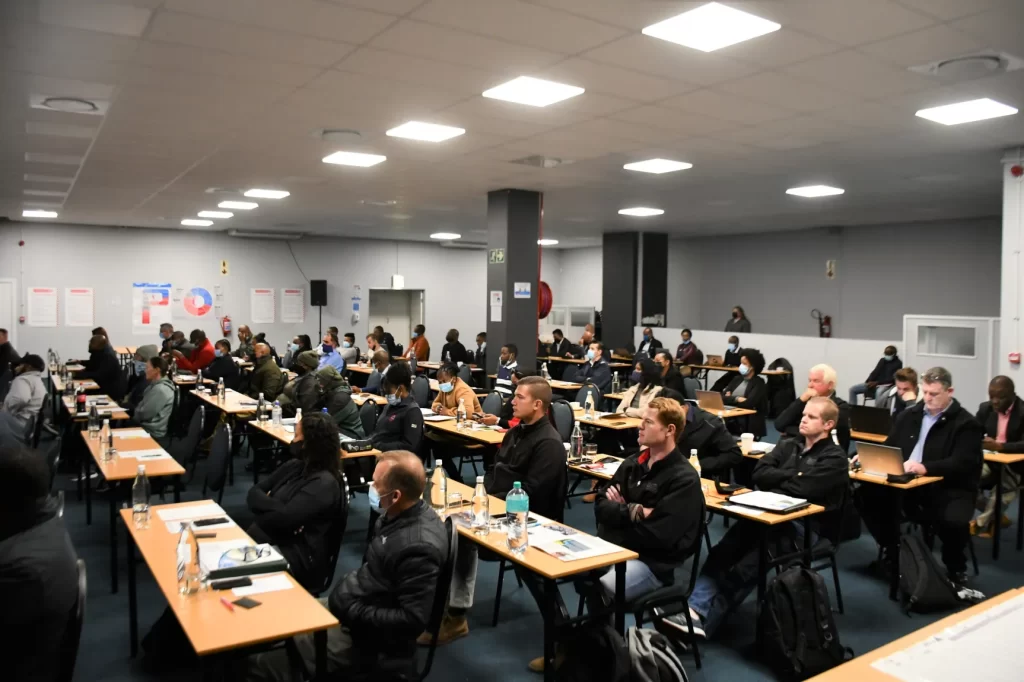
It was the first exercise of its kind, in grand scale, since before the outbreak of the Covid-19 pandemic two years ago, and drew the direct contribution of the Benguela Current Convention (BCC) and active participation of delegates from the two other members to the convention, Namibia and Angola.
The Interim IMOrg, under the Department of Transport, is South Africa’s joint Government and Industry preparedness forum for oil spills launched in 2017. Its membership is drawn broadly from across various sectors of society inclusive of State departments, private sector industries as well as non-governmental institutions. The current focus of the Interim IMOrg is on oil spills but in the future it will ramp up to an all hazard approach.
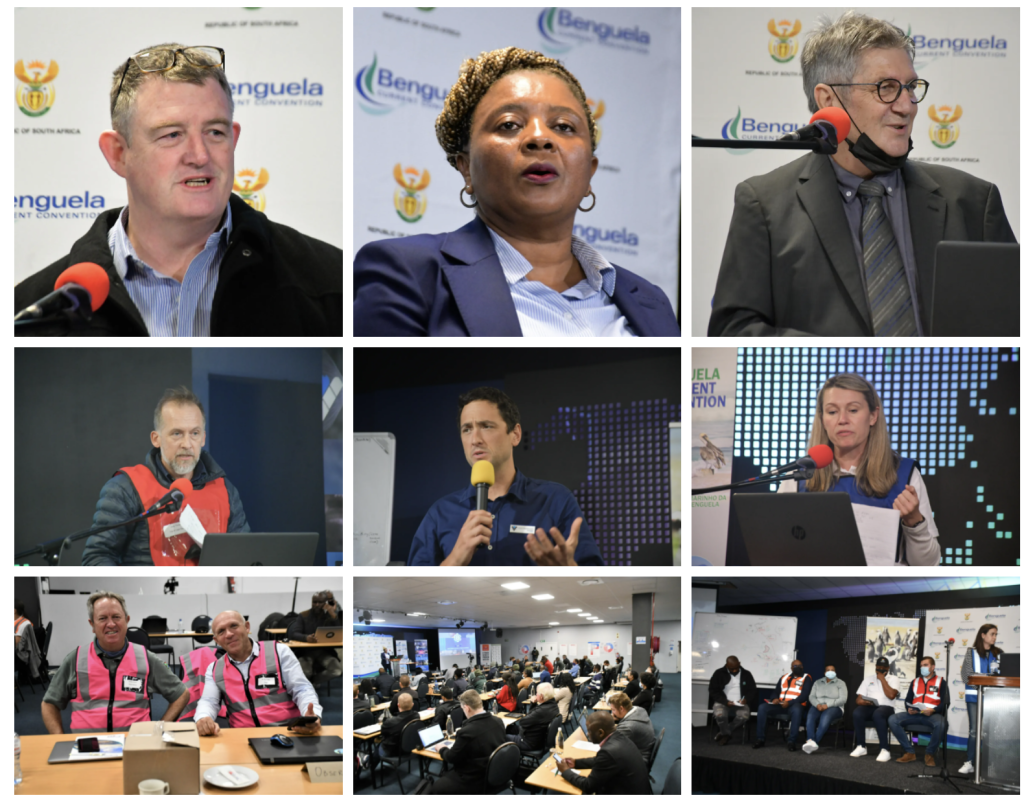
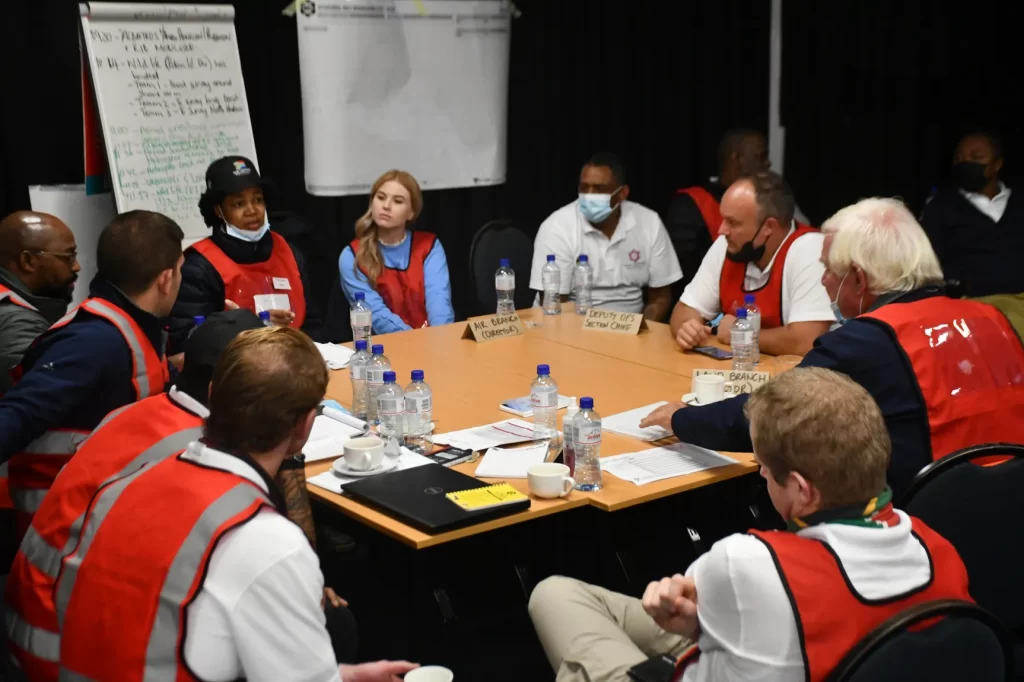
According to Captain Ravi Naicker, SAMSA Senior Manager and co-chair of the Interim IMOrg; the structure identifies primary roles of Government and industry contributing towards preparedness of the country with effective and efficient management of maritime incidents such as oil spills offshore.
Its specific objective involves the staging of joint emergency response drills to prepare the country for a variety of incidents and uses the Incident Management System (IMS) as its preferred response model “for effective and efficient use and deployment of the available resources, both human and equipment, for all types of incidents including marine pollution
In Cape Town a week ago, this blog spoke to some of the government, business and nongovernmental institutions represented at the event to establish their views during the IMS training as well on the last day of the live mock oil spillage management exercise to solicit their views on the real state of South Africa’s readiness for off shore oil spill disasters and related.
Among these were an official of Department of Forestry, Fisheries and the Environment (DFFE), the South African Maritime Safety Authority (SAMSA) incorporating the Maritime Rescue Coordinating Centre (MRCC), the South African International Maritime Institute (SAIMI), South African Police Services (SAPS), Southern African Foundation for the Conservation of Coastal Birds (SANCCOB), African Marine Solutions (AMSOL), Resolve Marine Group, SMIT Salvage, Transnet National Ports Authority (TNPA), as well a representative from the Angolan government.
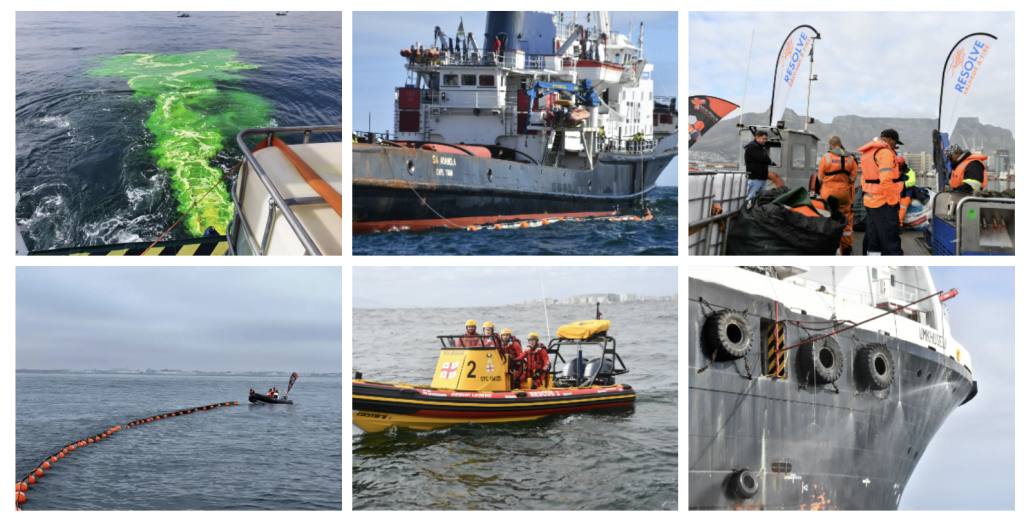
Notable among the views was tacit agreement on the usefulness of the exercise and the general enthusiasm and keen interest shown by all stakeholders, the advantages to be derived from a unified command, the enhanced greater understanding derived by each of the key role players, the usefulness of expansion of the training as well as exercise to include neighbouring countries, the need for regular periodic exercises as well as an evident lack of adequate resources to provide protection for the country’s entire 3200 kilometre coastline
The Benguela Current Convention (BCC), contributors and financial sponsors of the IMOrg exercise also shared its viewpoint about the significance of both its direct involvement for the first time as well as its own objectives. In the video below, BCC Compliance Officer, Mr Xolela Wellem, gives an extensive background and programs of the BCC which make the case for the Atlantic Ocean coastline convention’s direct interest in the work of the IMOrg.
To listen to interview click on the video below.
